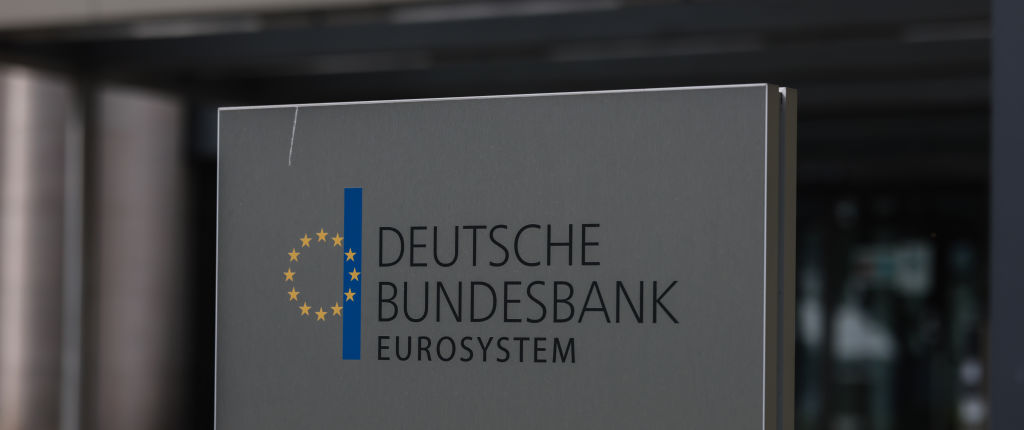US multinational tobacco giant Philip Morris has said it planned to close two German factories due to falling demand across Europe.
Philip Morris International (PMI) made the announcement on October 29 and said the closure was part of the company’s broader strategy to adapt to changing market conditions, where smoking rates have been decreasing.
“In recent years, demand for cigarettes in Europe has fallen significantly,” the company said in a statement, adding that it saw the same trend for roll-your-own tobacco.
“This trend is expected to continue in the coming years,” PMI noted.
The plants are located in Dresden and Berlin and are scheduled to close in the first half of 2025.
Currently, 372 workers are employed at the two factories.
PMI said it would start negotiations with workers’ councils and employees to find “socially acceptable solutions” for its personnel.
“We are aware that difficult but necessary decisions have to be made in order to adapt to current market developments,” Jan Otten, PMI’s managing director of operations in Germany, said in a press statement.
Additionally, the business said it was working to shift its clientele towards alternative products such as vapes, with the goal of having two-thirds of its sales originate from such sources by 2030.
Brussels was said to be updating its tobacco directive to reduce smoking rates and address new tobacco and nicotine products. despite high expectations from both industry stakeholders and anti-smoking and health organisations, details about the directive remain scarce.
A European Commission official told Brussels Signal a comprehensive evaluation of the legislative framework was ongoing, including a public consultation.
The EC will move forward based on the outcome of this exercise but no further information could be given at this stage, the unnamed official added.
The announcement by PMI came as Germany’s manufacturing sector has been struggling with an economic downturn, spurred on by rising energy prices, weak domestic and international demand, amid heightened competition from abroad.
On October 28, German vehicle multinational Volkswagen sent shockwaves through the nation by announcing the closure of three of its factories, resulting in tens of thousands of job losses. The company also revealed plans to cut and freeze wages for remaining employees.
Hildegard Müller, president of the German Association of the Automotive Industry, had warned that one in four jobs in the car industry is under treat in the coming decade.
In addition, on October 30 the Federal Statistical Office shared new inflation numbers that showed a rise of consumer prices of 2 per cent, with food and services in particular becoming more expensive. The Bundesbank warned that inflation would continue to increase in the next few months.
German multinational car giant Volkswagen has announced dramatic austerity measures as the company struggles with declining sales and revenue. https://t.co/0666ICYt1j
— Brussels Signal (@brusselssignal) October 29, 2024





